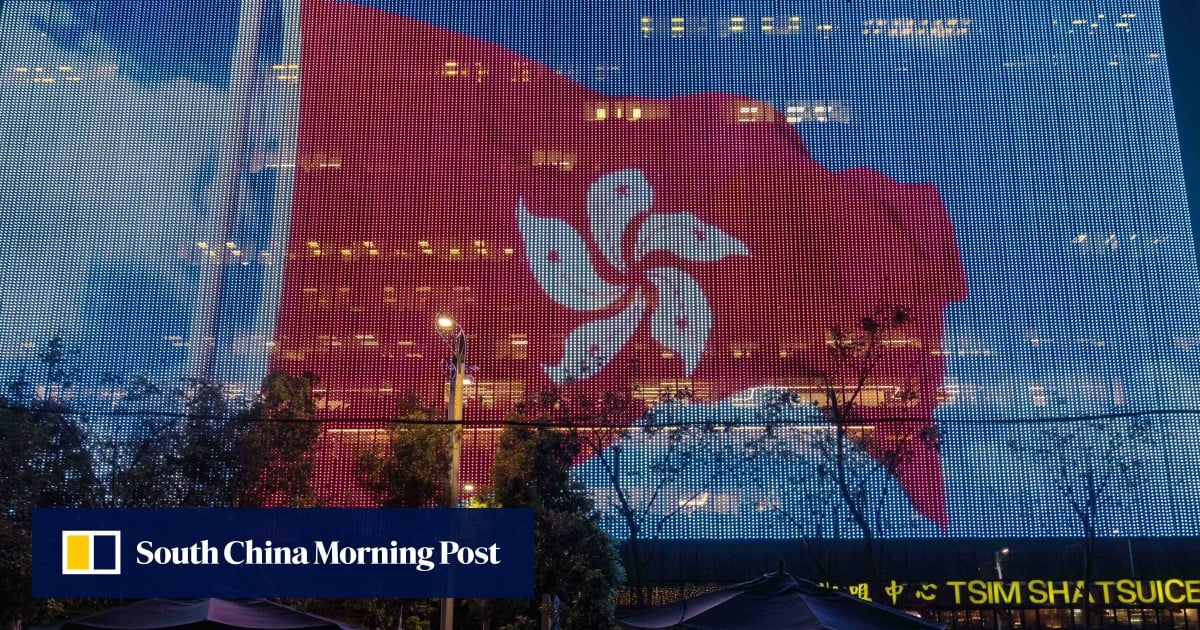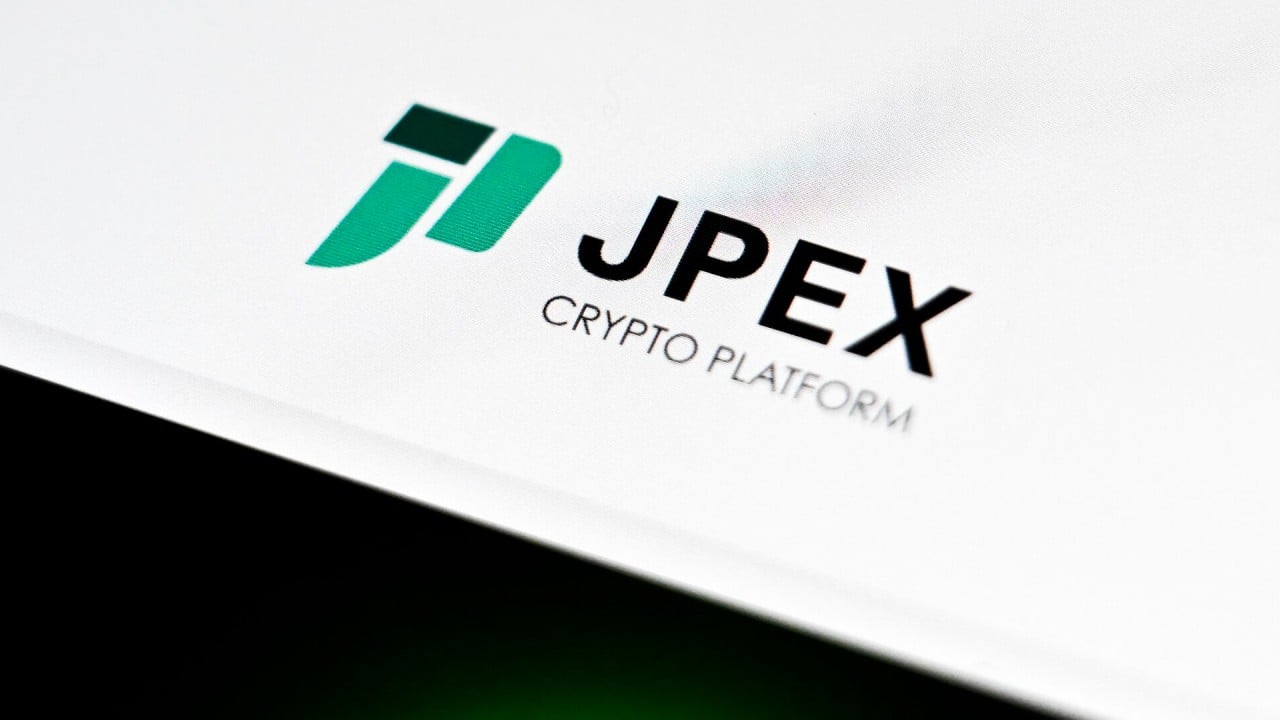
23 Feb Hong Kong financial affairs chief vows to move ahead with regulating stablecoins, over-the-counter crypto trading
The government will submit bills on licensing rules for OTC trading services and stablecoin issuers to the Legislative Council “as soon as practicable”, wrote Christopher Hui Ching-yu, secretary for the Financial Services and the Treasury Bureau (FSTB), in a reply to queries from lawmaker Carmen Kan Wai-mun on Wednesday.
Hong Kong is contending with a surge of crypto scams that have defrauded local retail investors out of hundreds of millions of dollars, as the city seeks to polish its image as a global virtual-asset hub and attract relevant businesses to set up shop.
The number of virtual-asset-related criminal cases more than doubled between 2021 and 2023, rising from just under 1,400 in 2021 to over 3,400 last year, according to Hui. The money involved jumped more than fivefold from HK$824 million in 2021 to over HK$4 billion last year.
As of Tuesday, Hong Kong police had arrested 70 people involved in the JPEX case, Hui said. None have been prosecuted yet.
The FSTB proposed earlier this month that providers of virtual-asset spot-trading services, including both physical outlets and online platforms, must seek a licence from customs authorities to operate in Hong Kong. Offenders could face two years in jail and a HK$1 million (US$127,800) fine.
The proposal, open for public comment until April 12, came after the FSTB and Hong Kong Monetary Authority (HKMA) unveiled draft rules in December that will require stablecoin issuers to obtain a licence to sell to retail investors.
Stablecoins are cryptocurrencies that are pegged to a real-world asset. Some of the most well-known ones include the US dollar-pegged Tether and USD Coin.
The draft rules in Hong Kong target stablecoins that aim to “maintain a stable value with reference to one or more fiat currencies”, regulators said.
Hong Kong last year also put in place a mandatory licensing regime for centralised cryptocurrency exchanges serving retail investors. Nineteen companies had submitted applications to the Securities and Futures Commission as of Friday.

